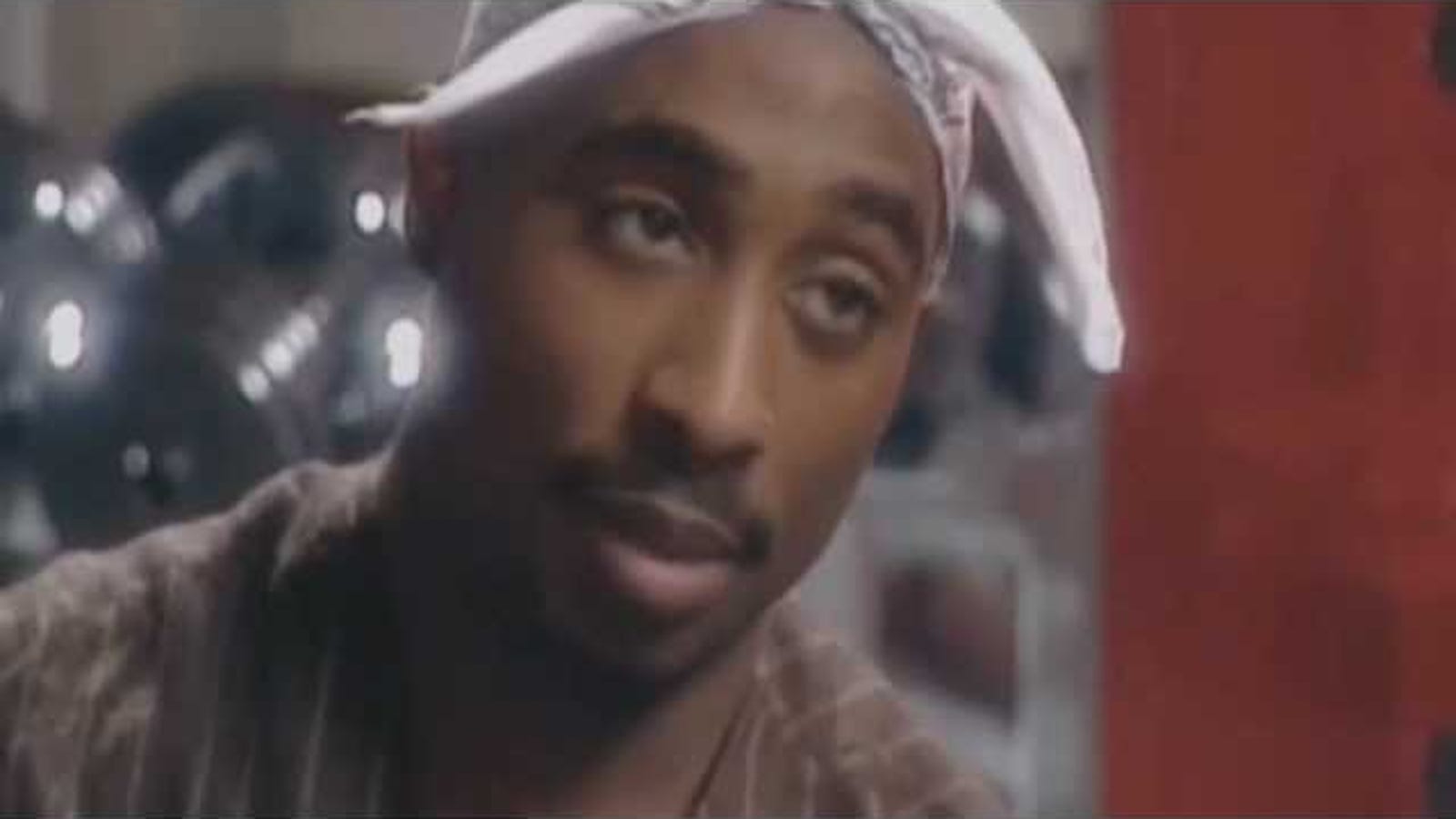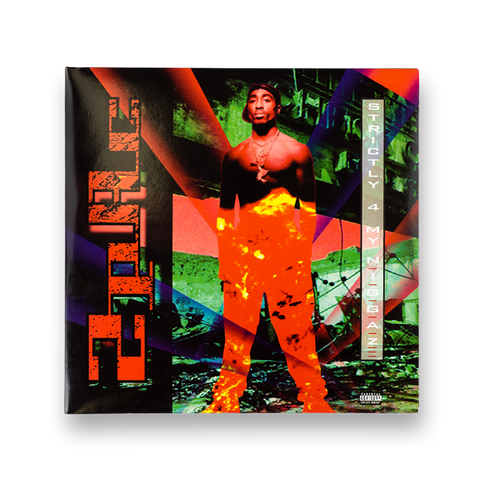
His rhymes complement the unwavering beat, highlighting the interior rhythm that unites this oppressed people. The gentle, sweet sounding chorus and the pleasant piano melody are placed in ironic juxtaposition to the violent lyrics, revealing the meaning of the modern protest poem.

While the aggressive and consistent back beat pumps the rap forward, it is challenged when the chorus starts. Before he succumbs to the inequality, he asserts his own confidence and suggests, “We gotta start making changes” and transforming our perceptions of race and class. In a depressed state, Tupac questions, “Is life worth living or should I blast myself?” This harshness is met musically with emphasis on “black”, “snatch”, “negro”, and “hero” (ironic), to expose the police brutality and racial injustice working against minority groups.

It begins bleakly with a phrase comparable to Hamlet’s famous “To be or not to be” soliloquy. “Changes” has a transformative attitude, ranging from angry and depressed to brave and optimistic. While nonviolence may not have characterized the life of this West Coast rapper, he confirms his morality and contemplates his own life in this beautiful, expository song. His brutally honest lyrics embody theme found in Martin Luther King, Jr.’s profound “Letter from Birmingham Jail”: a successful protest piece exposes injustice and calls us to action simultaneously.

Tupac Shakur, hip-hop legend who fearlessly translated his discontent with modern society into musical poetry, wrote “Changes” while serving time in jail.


 0 kommentar(er)
0 kommentar(er)
